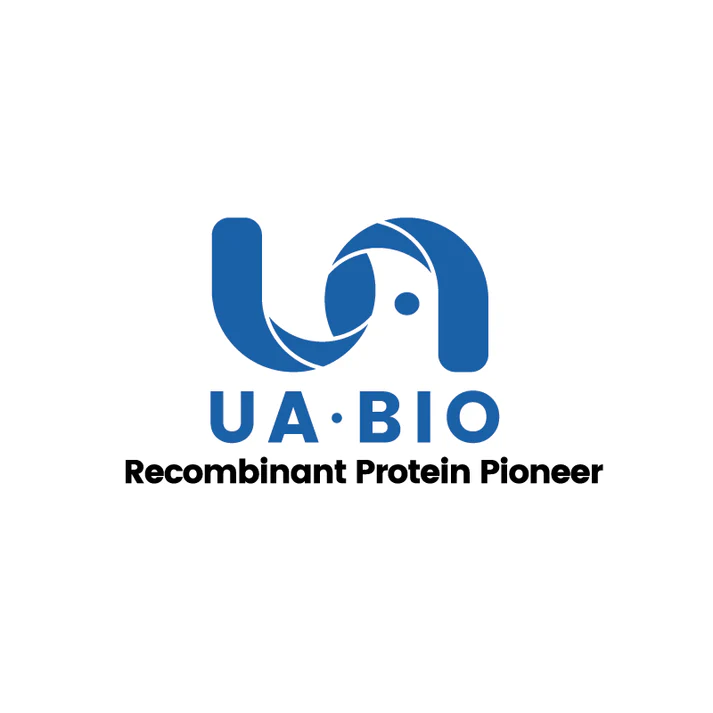1μg (R: reducing condition, N: non-reducing condition).
Product Details
Product Details
Product Specification
| Species | Mouse |
| Synonyms | PVRL4; Nectin-4; Ig superfamily receptor LNIR; Poliovirus receptor-related protein 4; PRR4; LNIR; Nectin4 |
| Accession | Q8R007-1 |
| Amino Acid Sequence | Gly31-Ser347, with C-hIgG1 Fc |
| Expression System | HEK293 |
| Molecular Weight | 70-73kDa (Reducing) |
| Purity | >95% by SDS-PAGE |
| Endotoxin | <0.1EU/μg |
| Conjugation | Unconjugated |
| Tag | Human Fc Tag |
| Physical Appearance | Lyophilized Powder |
| Storage Buffer | PBS, pH7.4. |
| Reconstitution | Reconstitute at 0.1-1 mg/ml according to the size in ultrapure water after rapid centrifugation. |
| Stability & Storage | · 12 months from date of receipt, lyophilized powder stored at -20 to -80℃. · 3 months, -20 to -80℃ under sterile conditions after reconstitution. · 1 week, 2 to 8℃ under sterile conditions after reconstitution. · Please avoid repeated freeze-thaw cycles. |
| Reference | 1.Noyce Ryan S. et al. (2012) Nectin 4 is the epithelial cell receptor for measles virus. Trends Microbiol. 20(9): 429-439. |
Background
Nectin-4, also known as poliovirus like receptor 4 (PVRL4), is a newly discovered cell adhesion molecule belonging to the Nectin family, which has four members: Nectin-1, Nectin-2, Nectin-3 and Nectin-4. Nectin protein had three consecutive immunoglobulin-like domains outside the cell, namely, the Ig-V domain at the N terminal and two Ig-C2 domains at the C terminal. Nectin-4 is mainly expressed in the placenta, in normal human tissues including skin, bladder, salivary glands, esophagus, breast and stomach, and abnormally expressed on the surface of various cancer cells such as breast cancer, bladder cancer, non-small cell lung cancer and pancreatic cancer. Nectin-4 promotes tumor cell proliferation, differentiation, migration, and invasion through activation of PI3K/Akt pathway. In some cancers, such as urothelial carcinoma, high expression of Nectin-4 can promote tumor cell proliferation and angiogenesis, and reduce cancer cell apoptosis. Studies have shown that Nectin-4, as a novel ligand of TIGIT, can inhibit the activity of natural killer cells. These suggest that Nectin-4 may be a potential target for cancer therapy.
Picture
Picture
SDS-PAGE


